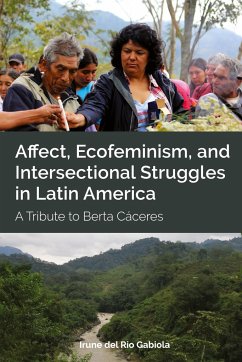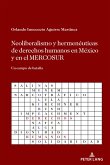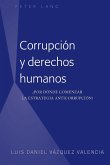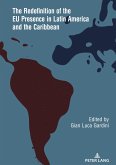Affect, Ecofeminism, and Intersectional Struggles in Latin America: A Tribute to Berta Cáceres examines the power of affect in structuring decolonizing modes of resistance performed by social movements such as COPINH (Civic Council of Popular and Indigenous Organizations of Honduras). Despite a harsh legacy of colonialism, indigenous communities continue suffering from territorial displacements, dispossession, and human rights abuses due to extractivist projects that are violently destroying their land and, therefore, the environment. In particular, the Lenca communities in Honduras have been negatively affected by Western ideas of "progress" and "development" that have historically eliminated ancestral knowledges and indigenous ecological cosmologies while reinforcing Eurocentrism. Nevertheless, by reflecting on and articulating strategies for resisting neoliberalism, COPINH and its cofounder Berta Cáceres' commitment to environmental activism, ecofeminism, and intersectional struggles has contributed affectively and effectively to the production of democratic encounters in pursuit of social justice. In homage to Berta, who was brutally assassinated for her activism in 2016, this book takes the reader on an affective journey departing from the violent affects experienced by the Lencas due to colonial disruption, contemporary industrialization, and criminalization, towards COPINH's political and social intervention fueled by outrage, resistance, transnational solidarity, care, mourning, and hope. In this way, subaltern actors nurture the power to-in line with Brian Massumi's interpretation of affect-transform necropolitics into natality with the aim of creating a fairer and better world.
The volume is an ideal contribution to environmental studies, cultural studies, and Latin American studies courses focused on social movements, activism, ecofeminism, and postcolonialism.
The volume is an ideal contribution to environmental studies, cultural studies, and Latin American studies courses focused on social movements, activism, ecofeminism, and postcolonialism.
"Irune del Rio Gabiola's powerful exploration of the ongoing struggles against extractivism in Latin America opens our eyes to the importance of affect in challenges to power. This book maps out the incredible violence of modernity on indigenous communities in the region. But the concepts that stand out here are solidarities, outrage, care, mourning and hope-all the modes of being-together that animate resistance and practices of decolonization. At once historical and richly theoretical, del Rio Gabiola's account of the work of Berta Cáceres and the Civic Council of Popular and Indigenous Organizations of Honduras provides an important addition to our understanding of the ways in which extractivism is confronted by those communities most impacted by the endless quest for profit and progress. Essential."-Imre Szeman, University Research Chair of Communication Arts, University of Waterloo and co-author, Petrocultures








